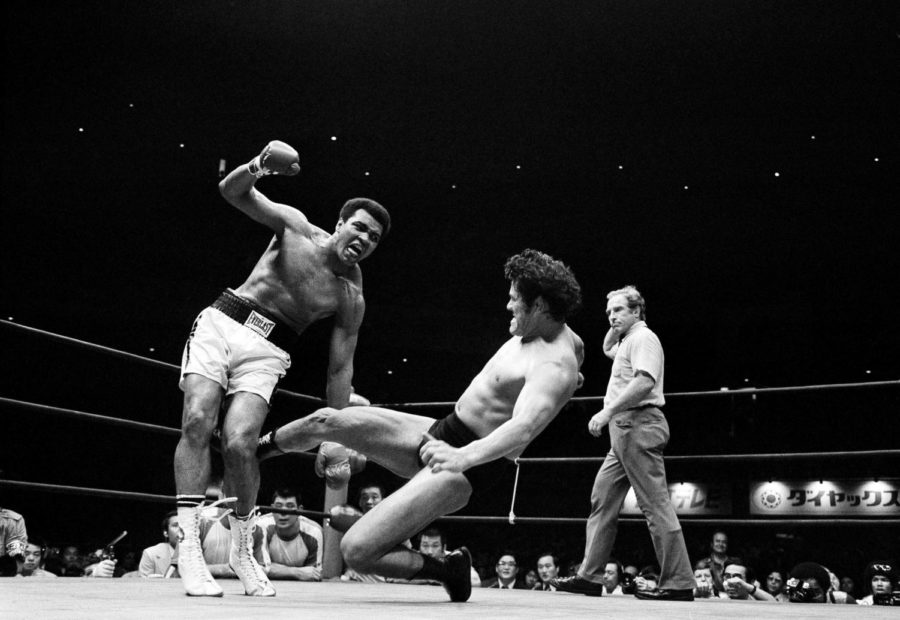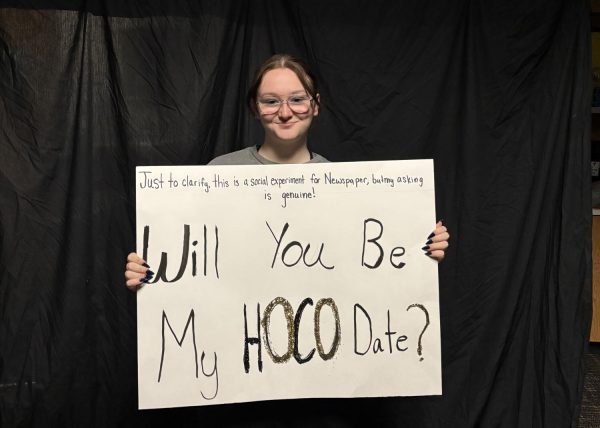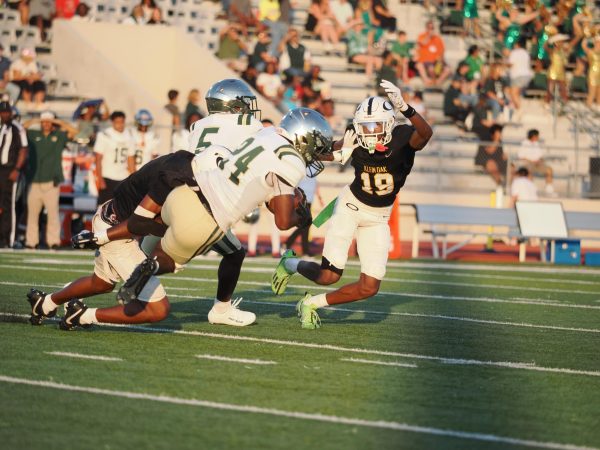The Legacy of Muhammad Ali
Greatest boxer of all time overcomes racism
Japanese pro wrestler Antonio Inoki kicks the back of Muhammad Ali’s leg in an attempt to trip him down on the mat during their boxing wrestling bout on June 26, 1976 at the Budokan Hall in Tokyo. Inoki challenged the World Heavyweight boxing champion in a 15-round fight billed as “World Martial Arts championship.” But the fight ended in a draw before the 14,000 spectators who paid from 17 to 1,000 U.S. dollars for their seat. Ali was to receive 6.1 million dollars and Inoki up to 4 million.
“Silence is golden when you can’t think of a good answer,” Muhammad Ali said when he was facing a society of racism but still pursuing his dream of boxing.
“Cassius Clay is a slave name. I didn’t choose it and I don’t want it. I am Muhammad Ali, a free name,” Ali said, according to University Libraries. “It means beloved of God, and I insist people use it when people speak to me.”
Ali demanded to be known by his new name in 1964. This was about more than his commitment to Islam, but also about demonstrating his convictions regarding racial justice. Even leaders of his time used Ali as a social leader.
In 1967, when Dr. Martin Luther King, Jr. made his disagreement with the war public he quoted Ali. “Like Muhammad Ali puts it, ‘we are all black and brown and poor victims of the same system of oppression.’”
Dr. King also supported Ali’s request for conscientious objection based on his religious beliefs, saying, “No matter what you think of Mr. Muhammad Ali’s religion, you certainly have to admire his courage.”
“My favorite boxer of all time is Muhammad Ali,” RJ Stevenson said. “He had great quotes and sayings that motivated me to play football.”
Ali would become the first fighter to win the World Heavyweight Championship on three separate occasions. In addition, he was known for his social message of Black pride and Black resistance to white domination and for refusing induction into the U.S. Army during the Vietnam War.
“I first learned about Muhammed Ali when I was younger,” TJ Jones said. “I was watching a motivational speaker and one of his quotes caught my ear.”
Ali’s saying, “I’m going to show you how great I am,” is the quote Jones was referring to.
“It made me think about how I could use that quote when I was playing on the field,” Jones said. “Because I always believe I’m always the best out there.”










